This article examines the pricing of porcelain slabs, specifically focusing on the cost per square foot and the comparison to other popular countertop materials like quartz and granite.
Additionally, the article will discuss the price range for porcelain slab countertops and provide tips on how to save money on the overall cost.
Furthermore, the labor cost associated with installing porcelain slab countertops will be explored, along with the factors that can affect this installation cost.
By presenting this information in a technical, precise, and informative manner, readers will be equipped with the necessary knowledge to make informed decisions regarding the pricing and installation of porcelain slabs for their countertops.
The cost of porcelain slabs ranges from $20 to $60 per square foot, with variations based on factors such as dimensions, surface finish, and edge style, making it a more affordable option compared to other countertop materials.
Porcelain slabs typically measure between 6 mm to 12 mm in thickness, which is thinner than most other countertop types. The edges of porcelain slabs are cut during fabrication and are typically square.
Related blog:All About Porcelain Slab Thickness
When determining the price of porcelain slabs, one of the main factors to consider is the size of the slab. Larger slabs will generally cost more than smaller ones due to the increased amount of material required.
The surface finish of the porcelain slab also affects its price. Different finishes, such as polished or matte, may have different costs associated with them.
Additionally, the edge style chosen for the porcelain slab can impact its price. While square edges are the most common and typically the least expensive option, there are other edge styles available that may result in additional costs.
These factors, combined with the square footage of the area to be covered, will determine the final cost of the porcelain slab.
Overall, porcelain slabs offer an affordable option for countertops, with prices ranging from $20 to $60 per square foot.

Comparing the prices of porcelain slabs and quartz reveals distinct cost differences between the two materials. When considering the cost of porcelain slabs, factors such as size, brand, and design options influence the overall price. On average, quartz slabs are priced between $50 and $65 per square foot, excluding installation costs. However, it is important to note that additional expenses, such as edging, cutouts, and installation, may significantly impact the final cost.
In contrast, porcelain slabs are typically priced between $20 and $60 per square foot, depending on the quality, brand, and design.
More info:Porcelain Slab vs Quartz Countertops - What You Want to Know
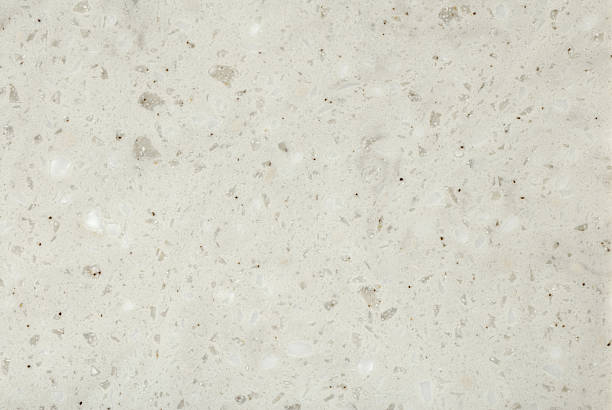
When considering options for kitchen or bathroom countertops, homeowners often weigh the cost differences between porcelain slabs and granite.
Porcelain slabs are a type of ceramic material that is made from a mixture of clay and other natural materials. They are known for their durability and resistance to staining, scratching, and heat.
Granite, on the other hand, is a natural stone that is formed from the cooling and solidification of magma. It is highly durable and offers a unique and natural aesthetic appeal.
In terms of pricing, porcelain slabs tend to be more affordable than granite. The price of porcelain slabs can vary depending on factors such as size, color, and design, but generally, they are more cost-effective compared to granite.
More info: Porcelain Slab vs. Granite,Come And Choose!

Porcelain slab countertops can range in price from $45 to $65 per square foot, depending on the color, style, and thickness of the slab. When considering the cost of porcelain slab countertops, it is important to note that this price range includes the materials alone and does not account for installation fees.
Porcelain countertops offer a durable and heat-resistant option for kitchen surfaces. Their strength and resilience make them a popular choice among homeowners. Additionally, porcelain slabs come in a variety of colors and styles, allowing for customization to match any kitchen design.
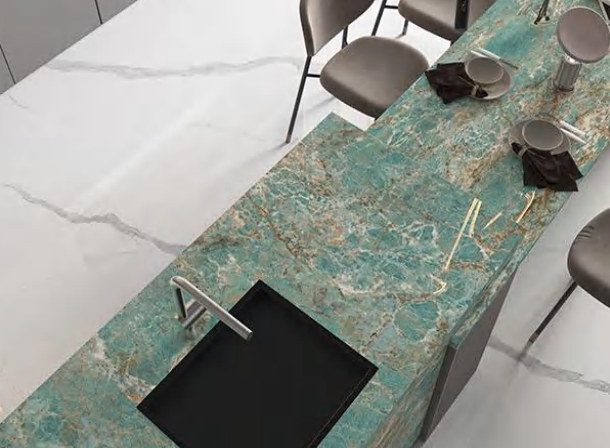
The price of porcelain slab countertops can vary based on the color chosen. Some colors may be more expensive due to the materials and pigments used in the manufacturing process. Similarly, the style of the slab, such as a solid color or a patterned design, can also impact the price.
Another factor that affects the price of porcelain slab countertops is the thickness of the slab. Thicker slabs tend to be more expensive due to the additional material required.
In conclusion, porcelain slab countertops offer a range of prices depending on factors such as color, style, and thickness. By considering these factors, homeowners can determine the cost that best fits their budget while enjoying the benefits of a durable and heat-resistant countertop option.
Click to learn about Porcelain Slab Countertops Pros And Cons
To save money on porcelain countertops cost, there are a few strategies that can be followed.
Firstly, it is advisable to compare estimates from multiple contractors. This allows homeowners to identify the most cost-effective option without compromising on quality. By soliciting quotes from different professionals, a more informed decision can be made.
In addition to comparing estimates, homeowners should consider bundling multiple home improvement projects together. Undertaking other related projects simultaneously, such as kitchen remodeling or bathroom renovations, can lead to cost savings through economies of scale. Contractors may offer discounted rates for combined projects, resulting in a reduction in the overall cost of porcelain slab countertops.
By implementing these cost-saving techniques, homeowners can maximize their budget and achieve the desired aesthetic without overspending. It is important to carefully evaluate various options and consult with professionals to make informed decisions that align with both financial constraints and design preferences.
One key factor to consider in the overall cost of installing porcelain slab countertops is the labor involved due to the delicate nature of the material. Porcelain slabs are known for their fragility and difficulty in handling, which increases the complexity and time required for installation.
The labor cost for installing porcelain slab countertops can be higher compared to other countertop materials. This is primarily due to the specialized skills and expertise needed to work with porcelain. The installation process involves precise cutting, shaping, and fitting of the slabs, which requires careful handling to avoid breakage or damage.
To ensure a successful installation, professional installers with experience in working with porcelain slabs are required. These experts understand the unique properties of porcelain and have the necessary tools and techniques to handle the material safely and efficiently. They take precautions to minimize the risk of breakage during transportation, cutting, and installation.
Moreover, the labor cost also includes the time spent on preparation and leveling of the countertop surface, applying adhesives, and sealing the seams. These additional steps are necessary to ensure a durable and aesthetically pleasing result.
Considering the fragile nature of porcelain slabs and the expertise required for installation, it is understandable that the labor cost for installing porcelain slab countertops is relatively higher compared to other materials. However, the investment in skilled labor is crucial to achieve a high-quality and long-lasting countertop installation.
Consideration of the countertop size is essential when determining the cost of a porcelain slab, as it directly impacts material expenses, labor costs, and the overall aesthetic appeal of the finished product.
The cost of a porcelain countertop is typically calculated based on the square footage of the surface area to be covered. Material cost, labor, finishing, and edging expenses are all dependent on the size of the countertop.
Larger countertops require more material, which increases the overall cost. Similarly, labor costs are higher for larger countertops due to the extended time required for installation.
Additionally, the size of the countertop affects its aesthetic appeal. Larger countertops can create a more visually striking focal point in a space, while smaller countertops may be better suited for limited areas.
Therefore, the size of the countertop plays a crucial role in determining the cost and overall aesthetics of a porcelain slab installation.
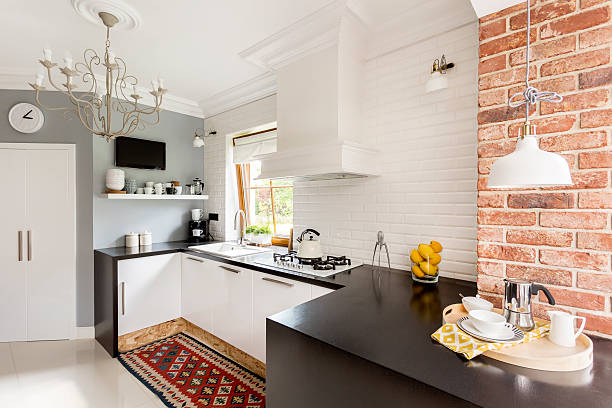
An important aspect to consider when selecting the edge type for a porcelain countertop is the level of craftsmanship required for each shape.
The available edge shapes for porcelain tile are limited due to the nature of its design. Glazed porcelain tiles are only shiny on the outside and have patterns that are confined to the surface. This restricts the edge shapes that can be achieved without grinding down beyond the finish.
A basic square edge or an eased edge, which features a slightly rounded top edge, do not incur any additional cost during fabrication.
However, more intricate edge shapes such as a beveled edge or a bullnose edge require additional craftsmanship and can add approximately $10 to $12 per square foot to the price.
Another option is a built edge, which involves creating a thicker appearance for the edge of the slab. This requires even more workmanship and can increase the cost by $15 to $25 per square foot.
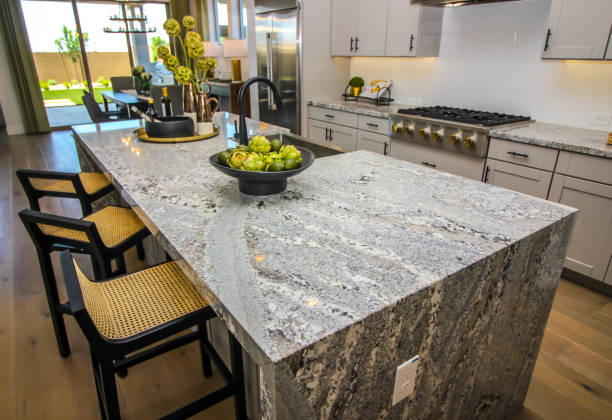
Prefab porcelain countertops are a popular option for those seeking a cost-effective and time-efficient installation. However, it is important to note that the installation of prefab porcelain countertops can be more complex and may save very little in terms of cost and time.
This is due to the fact that most porcelain countertops are custom jobs, as the edges need to be manufactured into the countertop and the cuts need to be precise. Porcelain tiles are also custom by nature, further complicating the installation process.
While prefab porcelain pieces may offer some convenience in terms of pre-made sizes and shapes, the overall installation process can still be intricate and require careful planning and expertise.
Therefore, it is recommended to consider the specific requirements and complexities of each project before opting for prefab porcelain countertops.
Sink installation is a crucial aspect of any countertop project, requiring careful planning and expertise. When it comes to porcelain slab countertops, the sink installation process can be a bit different compared to other countertop materials.
Porcelain slabs are known for their large format and seamless appearance, and the sink installation must be done in a way that maintains this aesthetic. Porcelain slabs require precision cutting to accommodate the sink, ensuring a perfect fit and seamless integration.
It is important to choose a sink that complements the style and size of the countertop, as well as considering the practical aspects such as depth and functionality. Proper sealing and caulking are also essential to prevent any water damage or leakage.
Overall, sink installation for porcelain slab countertops requires meticulous attention to detail to achieve a flawless and functional result.
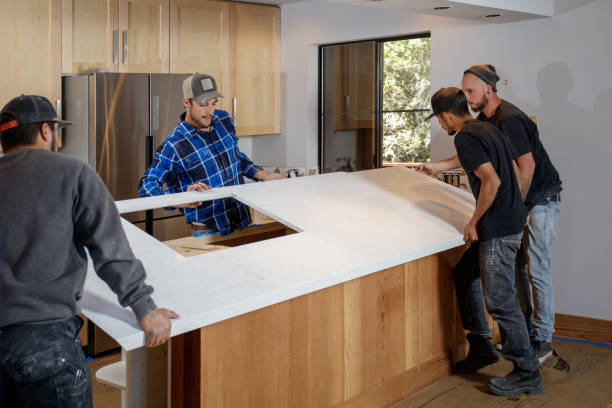
Cooktop installation is a critical step in the countertop project, requiring careful consideration of size, placement, and ventilation to ensure proper functionality and safety.
The first aspect to consider is the size of the cooktop, which should be proportionate to the countertop space available. It is important to ensure that there is sufficient clearance between the cooktop and any adjacent cabinets or walls to prevent heat damage.
Placement is another crucial factor to address, as it affects the ergonomics and usability of the cooktop. It is recommended to place the cooktop in a central and easily accessible location within the kitchen.
Lastly, proper ventilation is essential to remove heat, smoke, and odors generated during cooking. This can be achieved through the installation of an exhaust hood or a ventilation system that meets local building codes.
Overall, attention to these factors is vital for a successful cooktop installation.
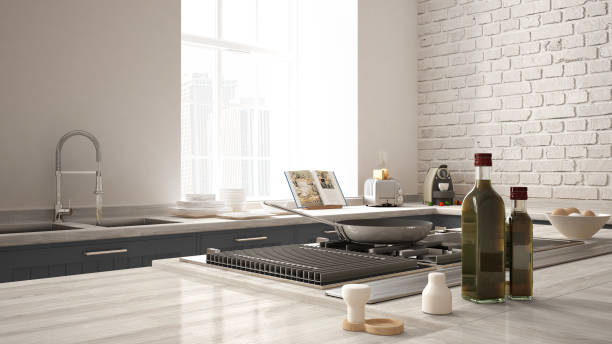
Water disconnection is a crucial step in the countertop project, requiring careful attention to detail and adherence to local building codes to ensure proper functionality and safety.
Before disconnecting the water, it is important to turn off the main water supply and drain any remaining water from the pipes. This can be done by opening the faucets and allowing the water to flow out until it stops completely.
Once the water is disconnected, the pipes should be capped or sealed to prevent any leaks or damage. It is also important to label the pipes for easy identification during the reconnection process.
Following these steps will help ensure a smooth and successful water disconnection, minimizing the risk of any plumbing issues or accidents during the countertop installation.
When considering the installation location for porcelain countertops, it is essential to assess the accessibility and condition of the surface on which the installation will take place.
Porcelain slabs have become increasingly popular for kitchen and outdoor installations due to their thinner and lighter composition, making them easier to transport. In the past, porcelain was primarily used in bathrooms due to its ease of installation and cleaning. However, advancements in technology now allow for larger slabs up to 10 feet in length, making them suitable for kitchen countertops and islands.
The cost of installation may vary depending on the location and accessibility of the surface. Factors such as ease of access and the condition of the surface must be considered to ensure a successful installation of porcelain countertops.
To ensure a successful installation of porcelain countertops, it is important to evaluate whether the existing counter needs to be removed, taking into account factors such as the layout of the kitchen and the condition of the surface. If the layout of the kitchen is changing or the existing counter is in poor condition, it will be necessary to remove the old countertop.
This removal process typically incurs an additional cost ranging from $50 to $300. However, if the porcelain slab is thin enough and the existing countertop is in good condition, it can be installed on top without any problem. In such cases, the installer will add a layer of plywood on top of the cabinets for added support before installing the porcelain counter.
This ensures a stable and durable installation.
Cutouts for kitchen countertops are necessary for accommodating sinks, faucets, and potentially an inset cooktop. The complexity and proximity of these cutouts to the edge of the material can affect the cost.
Prefabricated countertops often come with pre-cut openings, but for custom countertops, custom cutouts are required. The delicate nature of porcelain prior to installation makes these cutouts a delicate operation.
The cost of cutouts can range from $100 to $200 each, depending on the complexity of the cutout and its proximity to the edge of the material. Creating a cutout closer to the edge requires more skill and poses a greater risk, hence the higher cost.
It is important for homeowners to ensure that the cutouts are compatible with the placement of the existing plumbing to avoid any issues during installation.
In order to comply with local regulations and ensure a smooth installation process, it is crucial for homeowners to be aware of the necessary permits when replacing a countertop.
While homeowners may not require a permit if they are replacing an existing countertop with a porcelain counter of the same dimensions, it is important to consider additional factors such as plumbing or electrical work. If these modifications are being made, obtaining a permit becomes essential.
It is recommended that homeowners consult experienced contractors who are knowledgeable about the specific regulations of different towns and cities. However, to avoid any future frustrations, homeowners are advised to independently contact the local municipality and ensure that all necessary permits have been appropriately obtained.
It is worth noting that permit costs may vary, ranging between $50 and $500.
Conclusion
Porcelain slab prices vary based on factors such as size, brand, and design. On average, the cost per square foot ranges between $20 to $60.
Compared to quartz and granite, porcelain slabs are generally more affordable. Porcelain slab countertops can cost anywhere from $45 to $65 depending on the size and complexity of the installation.
To save money on porcelain countertops, consider purchasing from wholesalers or utilizing discounts and promotions. Labor costs for installing porcelain slab countertops can range from $30 to $50 per hour. Various factors, including the size of the project and location, can impact the overall installation cost.
In conclusion, porcelain slab prices can vary significantly, but with careful consideration and research, it is possible to find cost-effective options for beautiful and durable countertops.
Why SUNVIN Ceramics?
When considering porcelain slabs, Sunvin Ceramics stands out as the top choice for several compelling reasons. Firstly, we pride ourselves on offering unbeatable prices, ensuring that you get exceptional value for your investment. As the leading manufacturer in China, we bring unparalleled expertise and innovation to the table, guaranteeing top-notch quality and service. Moreover, our extensive selection includes a wide range of sizes, colors, finishes, and more, allowing you to tailor your choices to suit your unique needs and preferences. With Sunvin Ceramics, you not only get affordability but also unmatched variety and quality, making us your ultimate destination for porcelain slabs. Contact us now and see how we can help with your next project!